Title
be a lamb
Description
During the COVID-19 pandemic, the term “sheep”/yáng/ in Chinese, which sounds the same as the word for “positive”/yáng/, has led to infected individuals being commonly referred to as “sheep”. The extremely low infection rates in China and strict “zero-tolerance” policies have fueled a "fear of positivity" in society, leading people to count and track the number of individuals under quarantine like counting sheep. In the current pandemic context, being unhealthy is viewed as a social guilt.
Power relations within institutions such as farms can be complex and multifaceted. These relationships exist between those in positions of authority and those who are subject to their control, as well as among those who are governed. In my research, I conducted interviews with farmers to explore their approaches to disciplining and rewarding sheep, as well as their effectiveness in modifying sheep behavior. I also examined how disobedient or unhealthy sheep are treated and punished within the flock, and how other sheep respond to such behavior.
Through photography and image reading, a resonance and connection have been established between the images I captured of the lambs on the farm and those I captured at the quarantine hotel, creating a parallel universe of sorts.
Duration
2022-2023
Title
be a lamb
Description
During the COVID-19 pandemic, the term “sheep”/yáng/ in Chinese, which sounds the same as the word for “positive”/yáng/, has led to infected individuals being commonly referred to as “sheep”. The extremely low infection rates in China and strict “zero-tolerance” policies have fueled a "fear of positivity" in society, leading people to count and track the number of individuals under quarantine like counting sheep. In the current pandemic context, being unhealthy is viewed as a social guilt.
Power relations within institutions such as farms can be complex and multifaceted. These relationships exist between those in positions of authority and those who are subject to their control, as well as among those who are governed. In my research, I conducted interviews with farmers to explore their approaches to disciplining and rewarding sheep, as well as their effectiveness in modifying sheep behavior. I also examined how disobedient or unhealthy sheep are treated and punished within the flock, and how other sheep respond to such behavior.
Through photography and image reading, a resonance and connection have been established between the images I captured of the lambs on the farm and those I captured at the quarantine hotel, creating a parallel universe of sorts.
Duration
2022-2023

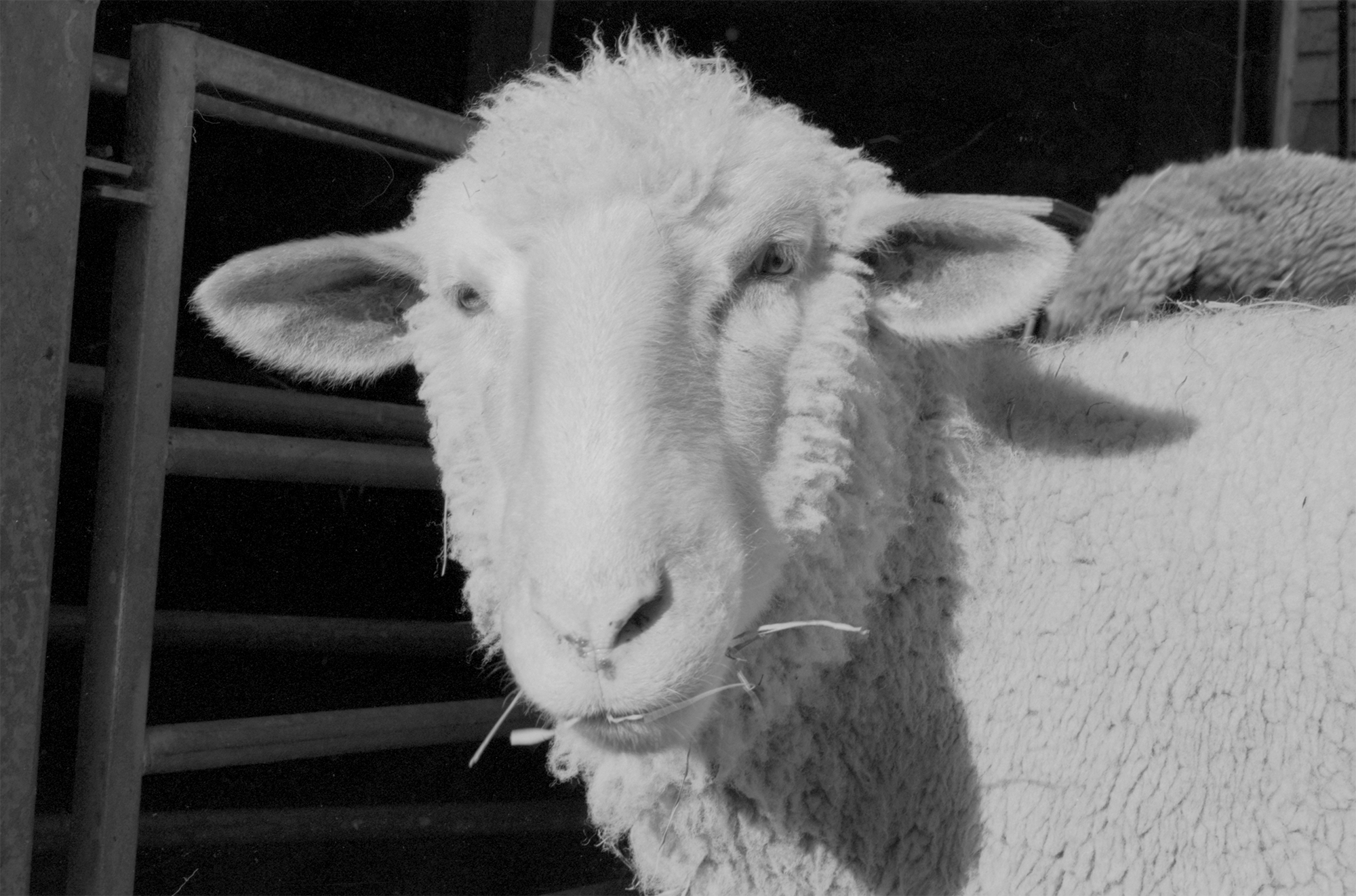



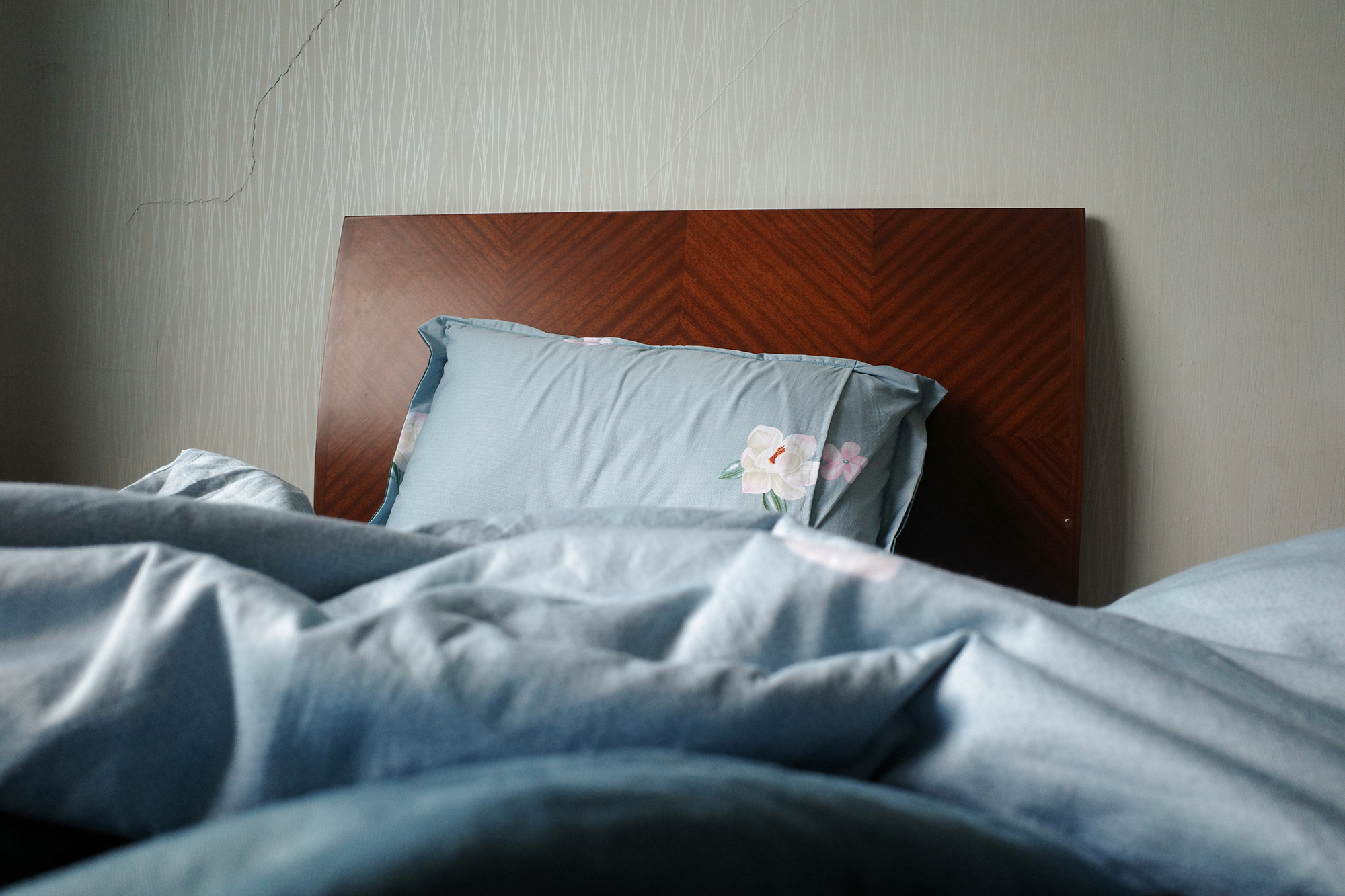
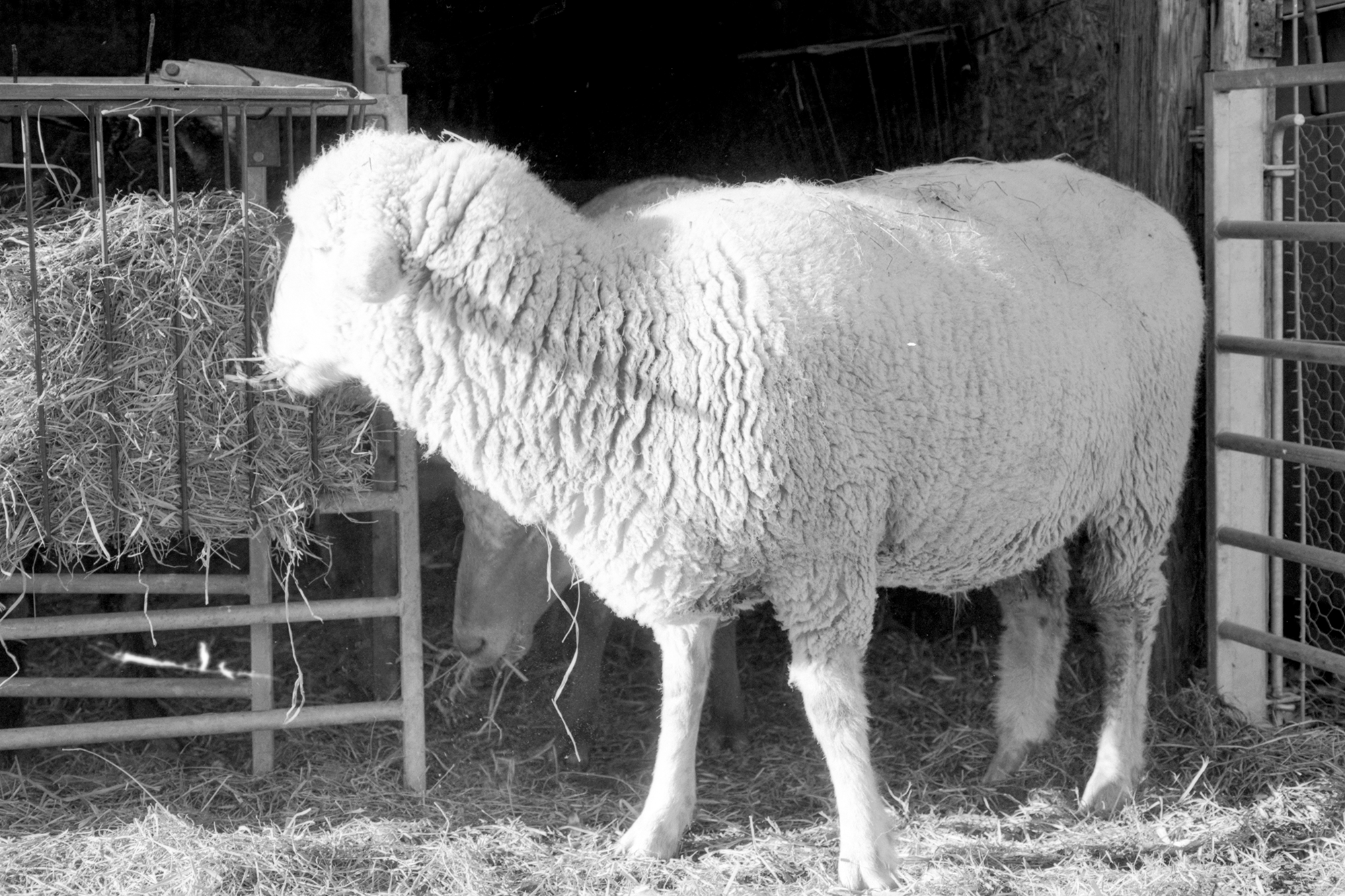


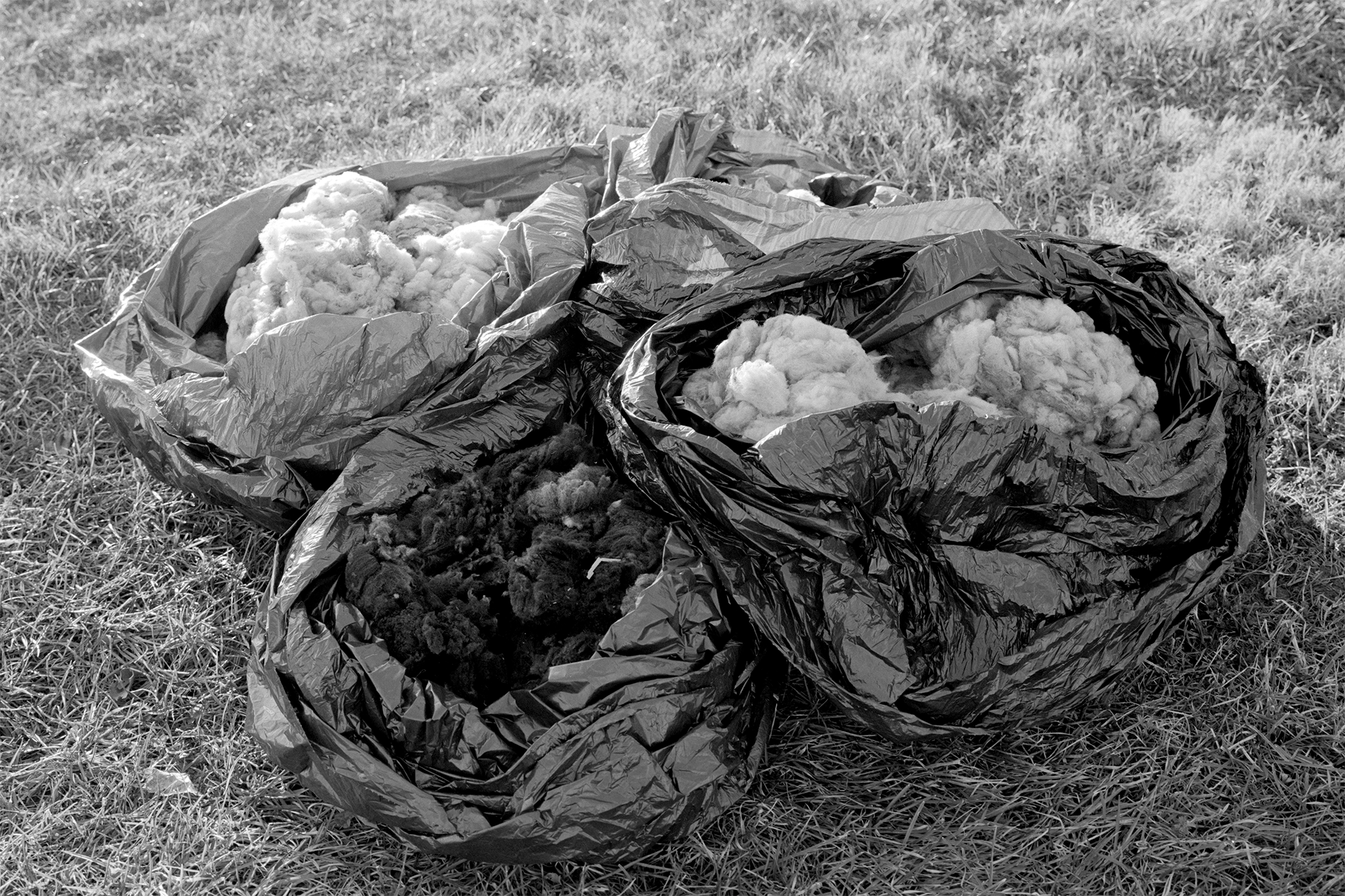

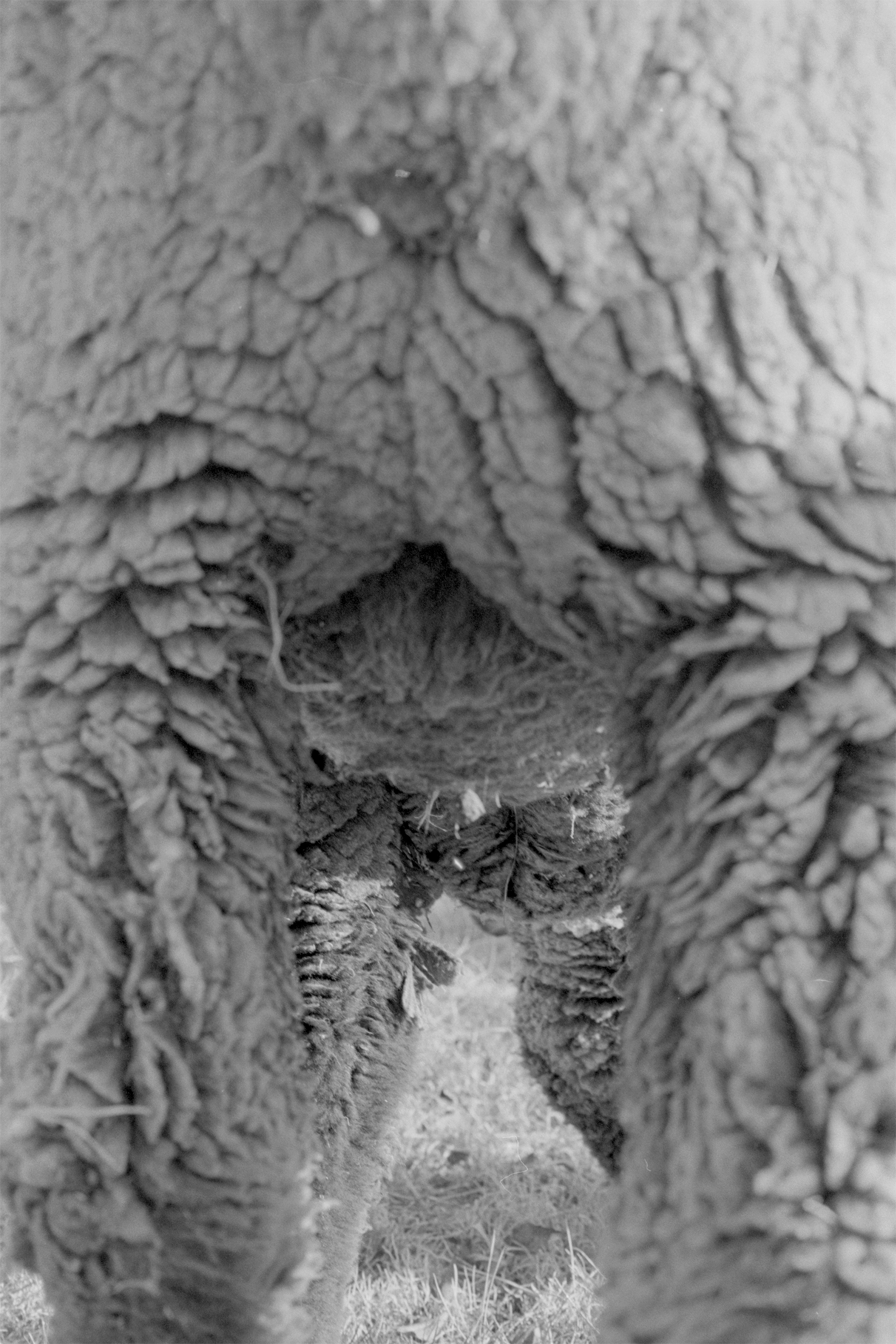

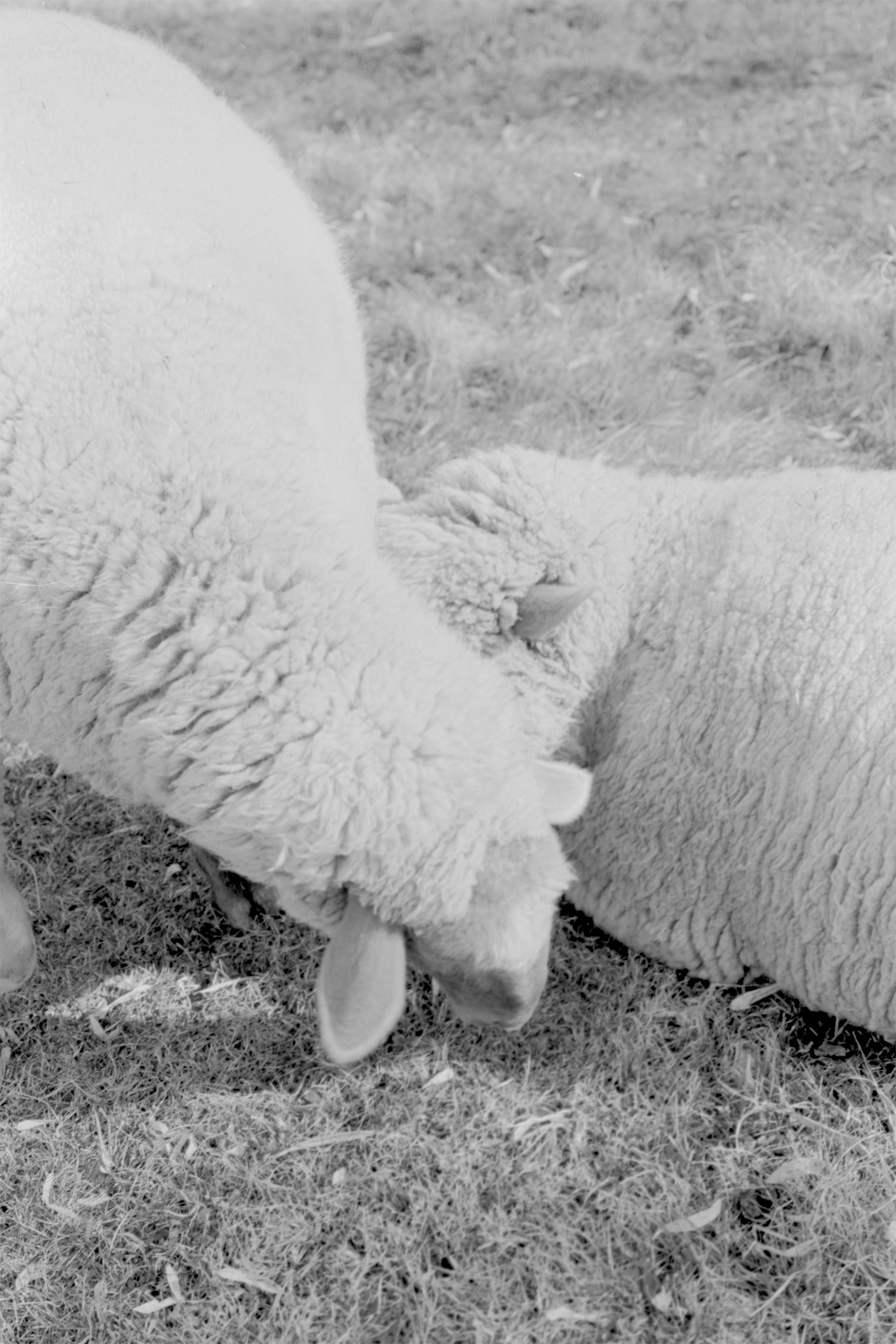

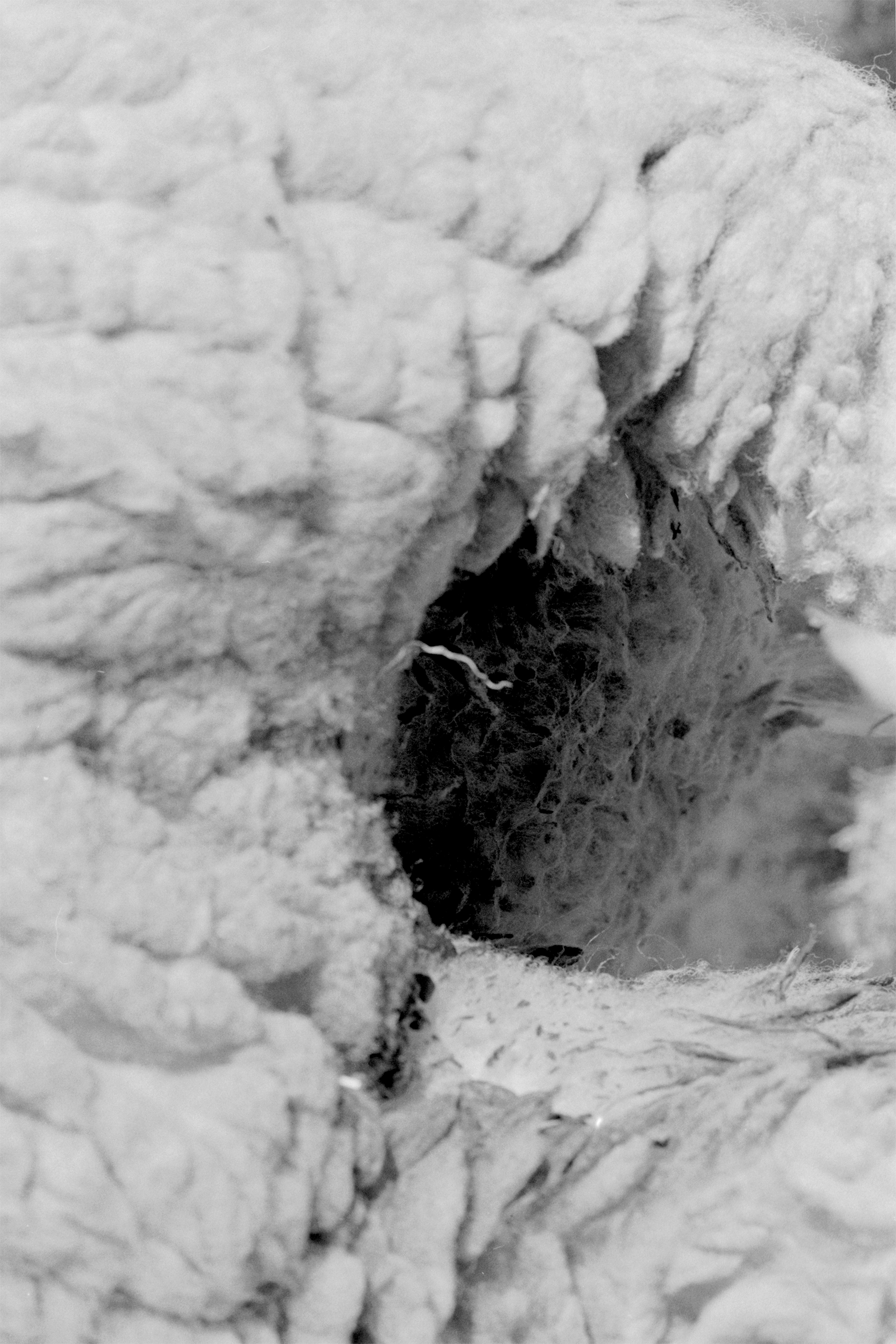
















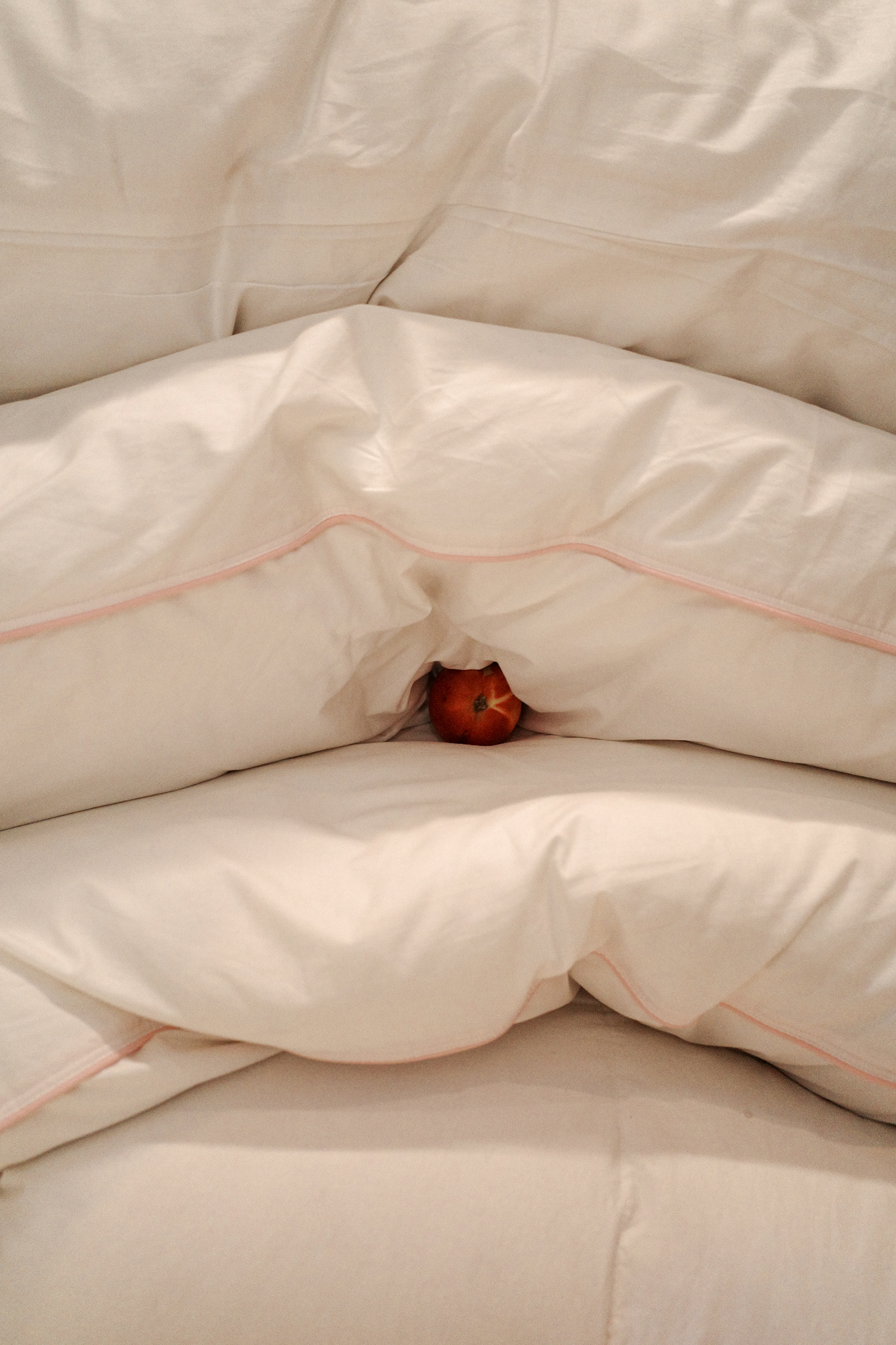
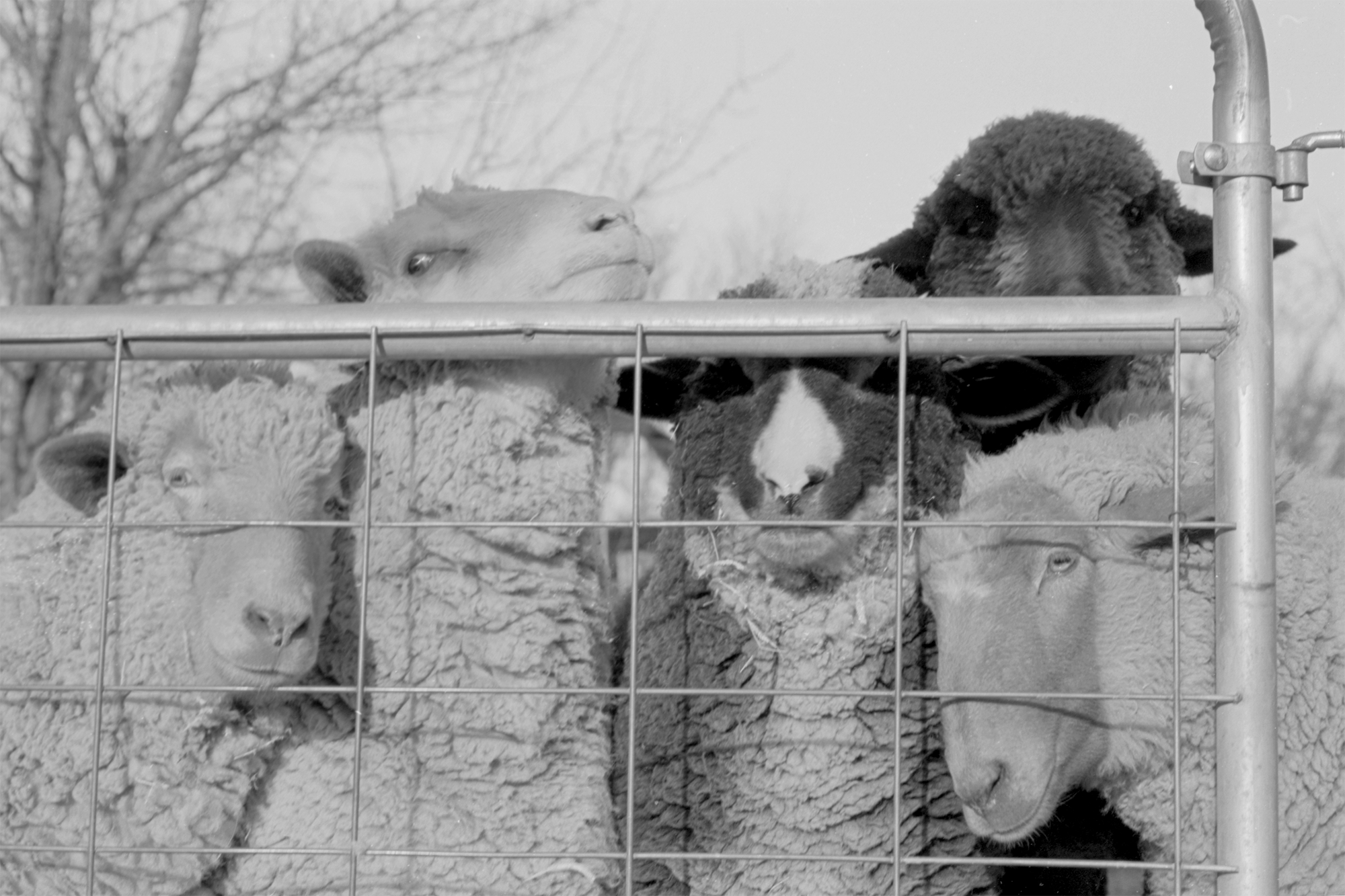
Exhibition “be a lamb” in Wilgus Gallery

